Chinese butting heads with Western media: Irrational nationalism or deeds of justice?
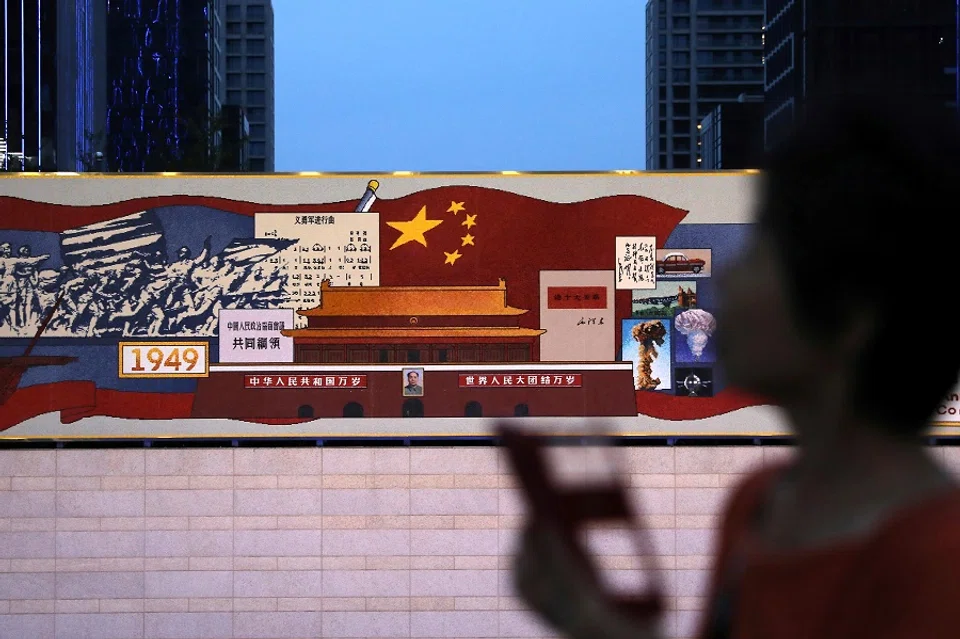
Following the floods in Henan, there was quite a skirmish involving foreign media that were reporting from the scene.
On 24 July, Deutsche Welle (DW) reporter Mathias Boelinger was carrying out interviews in Zhengzhou when he was mistaken for a BBC reporter. Locals voiced their displeasure and tried to stop him. Some pulled at his clothes to prevent him from leaving while others questioned him about the media company he was working for.
"You can do a report, but it has to be truthful, and show a good perspective of China, not attack us." - Zhengzhou resident
The standoff lasted quite a while, until it was finally resolved through the interpretation of a woman wearing a black face mask as well as LA Times Beijing journalist Alice Su, who was also on the scene.
One video showed the black-masked woman explaining that locals were angry because the BBC journalist had taken things out of context in an earlier report. One man in the video told Boelinger: "You can do a report, but it has to be truthful, and show a good perspective of China, not attack us."
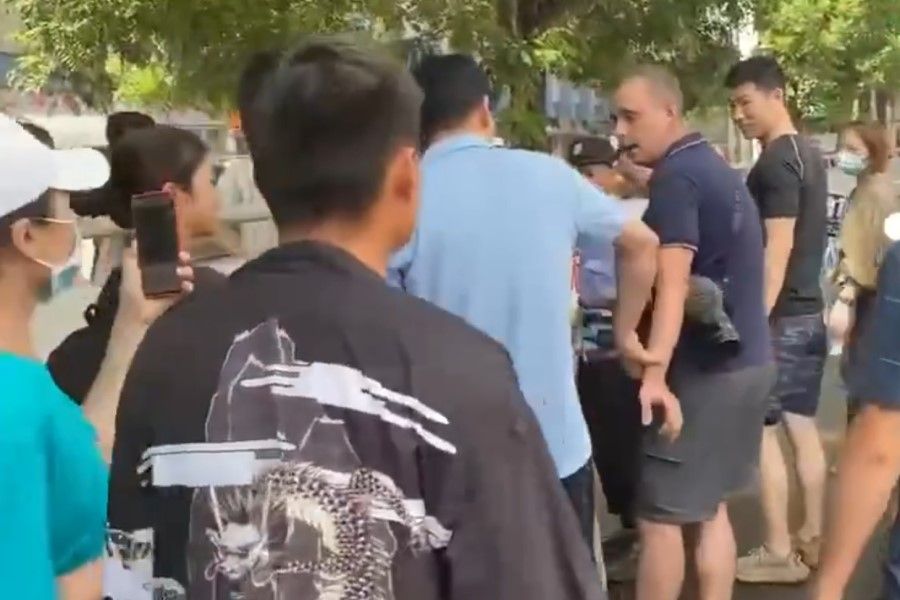
Videos of the incident were circulated on Chinese social media, with labels like "Zhengzhou crowd captures foreign journalist".
So, what report was it by the BBC that angered the Zhengzhou people and got them fired up against foreign media?
The BBC report that people took offence at
In a video report on the Henan floods, BBC journalist Robin Brant had commented on how so much rainwater had flowed into the Zhengzhou subway system that was less than ten years old, and questioned how it was that "passengers were left to die on the platform". Some netizens angrily said the report was an intentional smear on China, and Brant became a "wanted" person and the target of vitriol.
The fact is, people were already on guard against foreign media soon after the floods. An "emergency notice" was circulating on social media claiming that several foreign media were doing interviews at the Jingguang Tunnel in Zhengzhou. It reminded people to be on the alert and not to speak to foreign media on their own, so as not to give them any opportunity to take things out of context and twist the facts.
The Jingguang Tunnel was one of the worst-flooded locations - official reports said six casualties were found there.
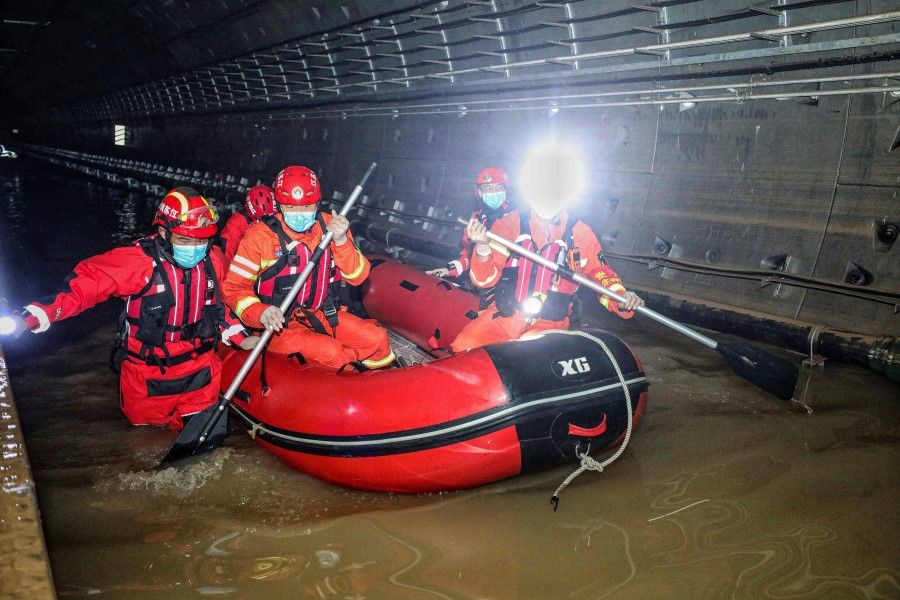
Over the past couple of years, the tussle between China and the West has escalated, with media and journalists all deeply involved. The incident with foreign media reporting on the Henan floods is another example of the intensifying tussle between Chinese society and public opinion vis-a-vis foreign media - especially Western media.
But in today's China whose national strength is becoming a threat to the US, Chinese mindsets have changed. The people have more confidence in their country and believe that Western media has abetted the containment and oppression of China.
Increasingly hostile towards Western media
To the Chinese authorities and public, Western media reports on controversial topics like Xinjiang and the pandemic are intentional slanders and distortions that ignore China's stand and add to the ammunition against China. Many Western media journalists in China feel that China's media freedom and room for news has shrunk significantly. They are quickly labelled as "anti-China" for their reports and denounced on social media. They and their Chinese colleagues are harassed and even receive personal threats.
This is not the first time that the Chinese people have butted heads with Western media. When the Tibetan unrest broke out in 2008, Chinese netizens lambasted CNN's report as a gross misrepresentation of the facts. "You shouldn't be too CNN" (做人不能太CNN) even trended on the Chinese internet then.
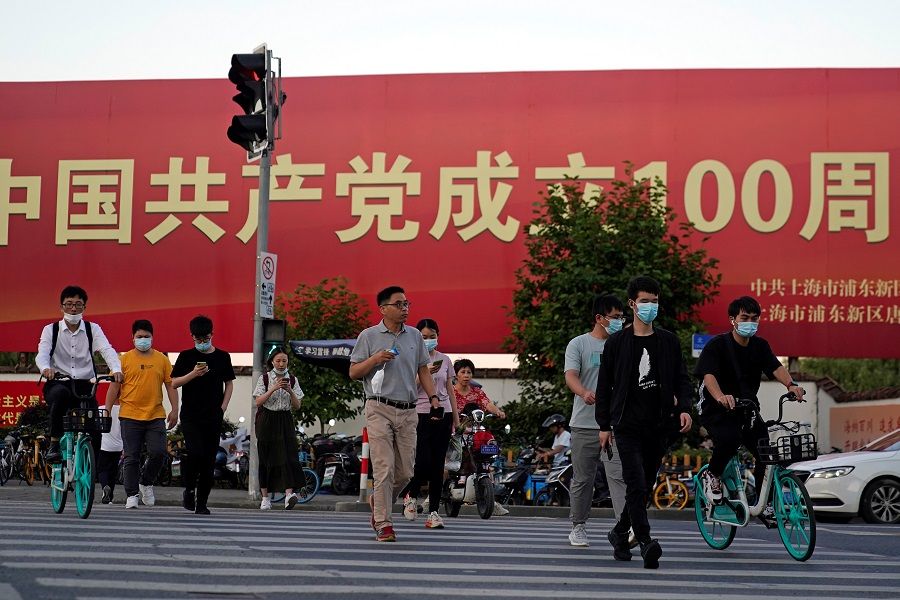
However, the recent clashes between China and Western media are not just a repeat of the past. During the last skirmish, China was preparing for the Beijing Olympics. What it needed most then was affirmation from the world. While Chinese netizens attacked certain Western media for biased reporting, they did not reject Western media entirely and hoped to prove them and the outside world wrong. But in today's China whose national strength is becoming a threat to the US, Chinese mindsets have changed. The people have more confidence in their country and believe that Western media has abetted the containment and oppression of China. Thus, they adopt a strong stance of refuting and challenging Western media reports.
Nationalism as a tool
It seems like Chinese officials and media have also become more aware of these sentiments and are allowing the venting of such emotions. For instance, mainstream Western media such as BBC and CNN are regularly made an example of by being openly ridiculed and criticised in Chinese state media. While the people of Henan harassed foreign reporters of their own free will, their intense reactions may have been influenced by the officials. Prior to the incident, the Henan Communist Youth League (河南共青团) announced on its official social media account: "BBC is coming to Henan! Be sure to give them your warmest welcome when you see them!" Some netizens even commented that they should use spanners, hammers, and high-voltage fences to "welcome" BBC reporters.
Amid intense China-US rivalry, Chinese officials feel the need to unite the people, urge them to persist in struggle, and even nurture nationalist sentiment to deal with the harsh external challenges. These emotions can be used as a form of defence. However, influenced by simplistic, black and white interpretations on the internet, it is easy for people with incomplete information to form a reflexive and narrow-minded view of patriotism, anti-Americanism and xenophobia. The incident that happened to the DW reporter in Zhengzhou is precisely an example of how such sentiments have spread from the internet to the streets.
... radical and irrational nationalist sentiment not only damages the country's image but could possibly curtail China's foreign policy as well.
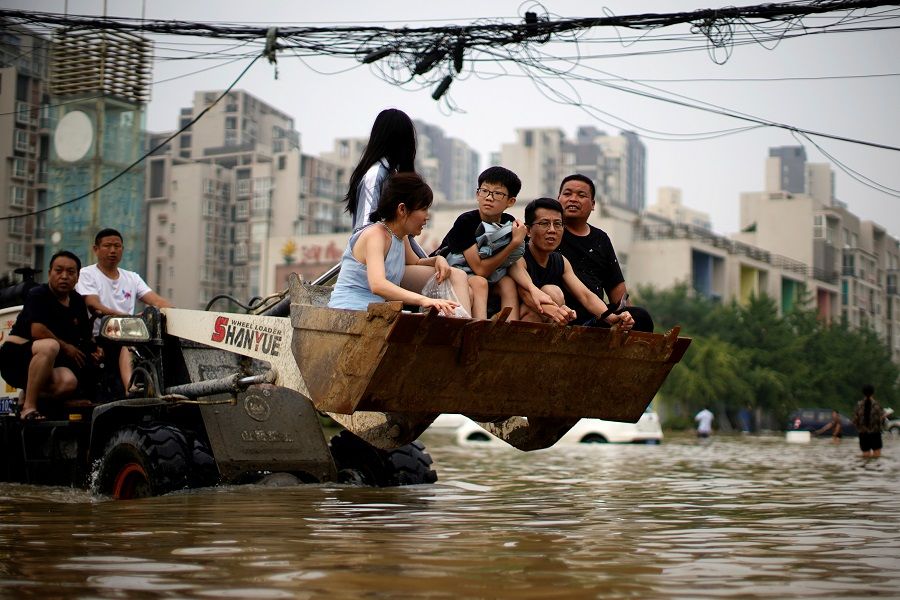
Nationalism is a double-edged sword. Chinese history is laden with examples of how nationalist sentiment was used to resist the West but backfired in the end. At present, the US is decoupling from China while Chinese officials are hoping to overcome the US's containment measures through greater opening up. At this juncture, radical and irrational nationalist sentiment not only damages the country's image but could possibly curtail China's foreign policy as well.
China's 40 years of reform and opening up have bred a generation of people with open and tolerant minds. The Chinese have thus gained a broader perspective and see integration with the world as a mainstream value. If narrow-minded patriotism and nationalism enter the mainstream of Chinese society today, will it be the West or China that will suffer the most?
Related: Zhengzhou floods: Netizens berate local government and media for inadequate response | When doing business in China, beware of patriotic netizens | BBC vs CCTV's Xinjiang: Which is the real Xinjiang? | More Chinese youths proud to be associated with the CCP | Chinese state media poll: 70% of Chinese approve of wolf warrior diplomacy
